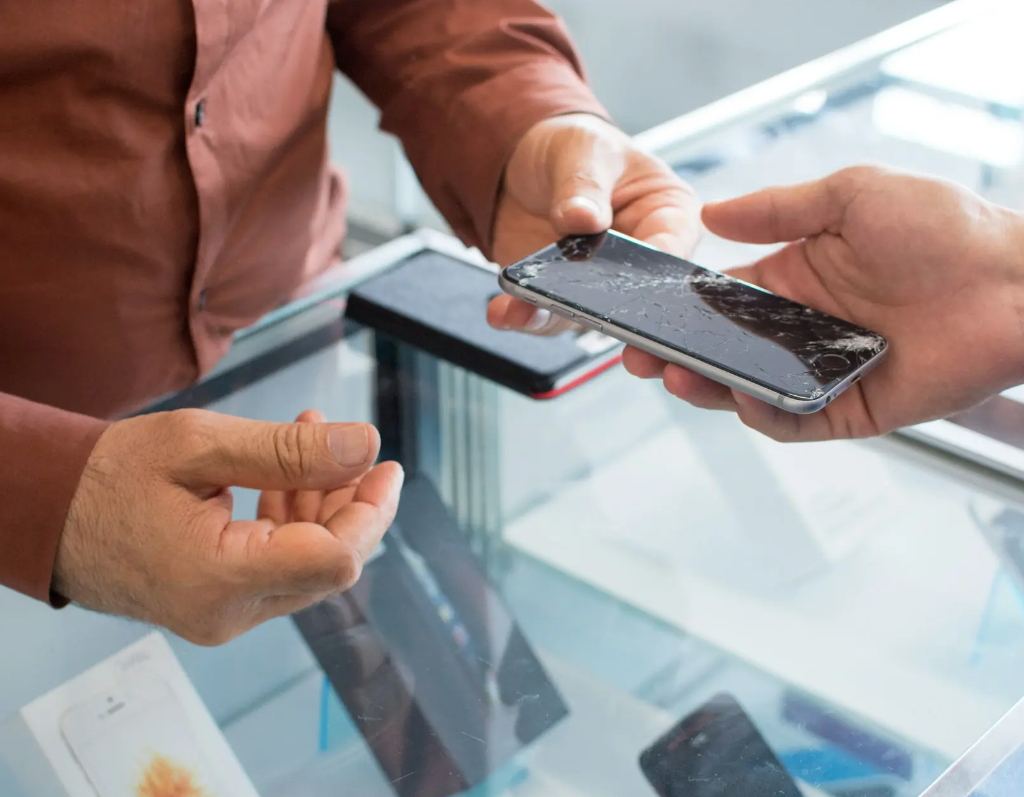The right to repair new measures encourages the extension of product life
(sustainabilityenvironment.com) – The right to repair could also be included in the list of things done by the end of this European Parliament’s mandate. The negotiators of the Eurocamera have reached an interim agreement with those of the member states on legislation aimed at reducing waste and strengthening the work of repairers, making it easier and cheaper to fix products that break. The agreement, which was not signed (a matter of formality), focuses on strengthening what has been called the right to redress for consumers, clarifying the obligations of producers and encouraging citizens to prolong the life cycle of a product by making it adjust when it breaks.
What is in the pact on the right to redress
The main measures of the agreement include the obligation for manufacturers to repair commonly used products such as washing machines, vacuum cleaners and smartphones. The possibility of extending the list of products over time remains open. After the expiry of the legal warranty of the product, it also remains mandatory for the manufacturer to repair the product, offering options such as temporary replacement during repairs or offering a reconditioned unit as an alternative.
read also Lemon improves recovery of critical raw materials from lithium batteries
For the industry, it means working to make spare parts available at a reasonable price. The agreement also prohibits manufacturers from obstructing repairs through contractual clauses, hardware, or software techniques, encouraging the use of second-hand or 3D-made spare parts by independent repairers.
To facilitate the process, a European online platform with national sections will be established, allowing consumers in each EU country to find local repair shops, sellers of reconditioned goods, buyers of defective items, or community-led repair initiatives such as repair cafes.
Each member state will have to introduce at least one measure to promote repair, such as repair vouchers and funds, information campaigns, repair courses and support for the opening of spaces to repair objects managed by communities.
